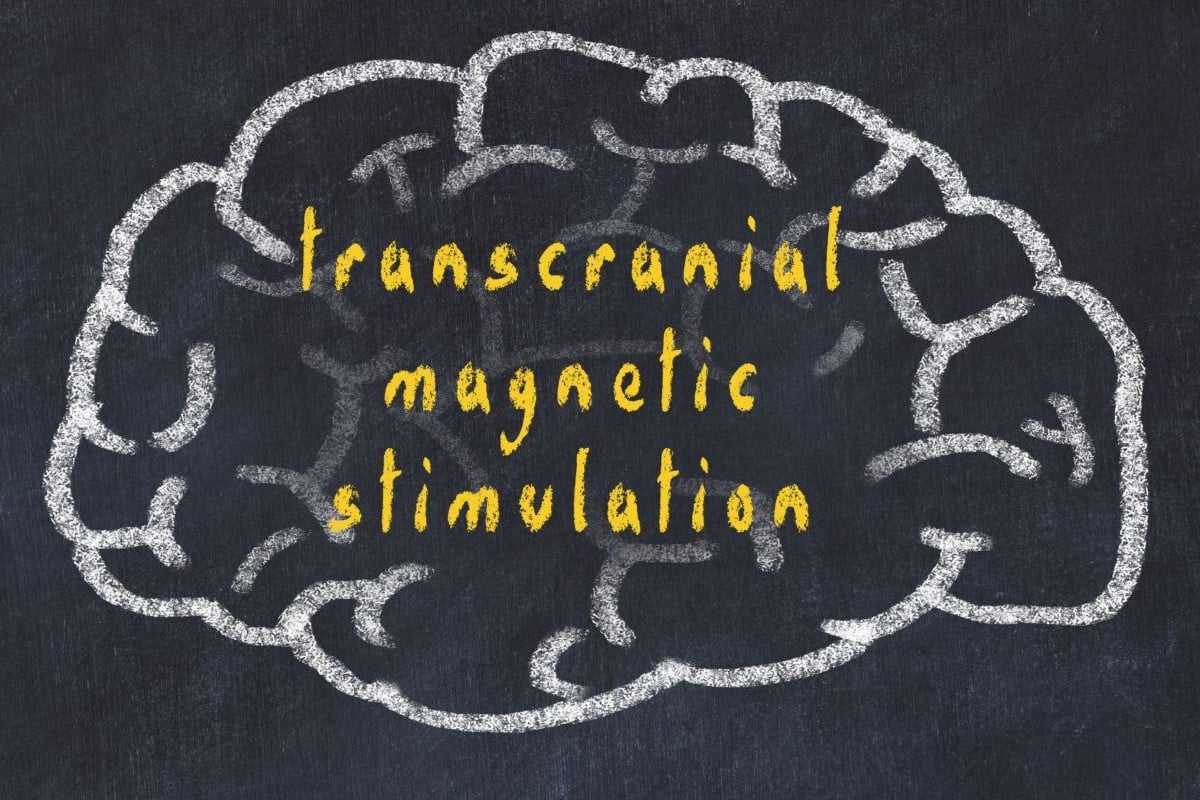Safety and efficacy are two of the most important factors to take into account when choosing a mental health treatment choice, for both patients and clinicians. Transcranial magnetic stimulation (TMS) is becoming more and more popular as a result, particularly among those who have not reacted well to conventional therapy. TMS has demonstrated promise in treating a number of mental health issues, but safety remains an open topic.
This article explores typical safety worries and precautions related to TMS therapy, giving readers a complete picture of both its advantages and potential drawbacks.
What Is TMS and How Does It Work?
Let's briefly examine TMS and how it functions before getting into safety issues. TMS is a non-invasive method that uses magnetic fields to activate particular brain regions in charge of controlling mood and processing emotions. A TMS device produces magnetic pulses that are transmitted through the scalp during the procedure in order to stimulate specific brain activity.
Depression, anxiety, obsessive-compulsive disorder (OCD), and post-traumatic stress disorder (PTSD) are the most common illnesses that TMS is used to treat. People who have not reacted well to conventional therapies like medicine and therapy can benefit from it in particular.
Is TMS Safe?
TMS has been deemed safe by leading health authorities worldwide, including the U.S. Food and Drug Administration (FDA). It's essential to remember that any medical procedure carries some level of risk. So when we ask, “Is TMS therapy safe?” the answer is yes, provided it is administered under the supervision of a trained healthcare provider and tailored to the individual patient's needs.
Common Side Effects
While TMS is generally safe, there are some common side effects that patients may experience. These include headache, scalp discomfort at the treatment site, lightheadedness, and even minor and brief changes in hearing due to the loud sound the machine produces. These side effects are usually mild and tend to lessen over time as the body gets accustomed to the treatment.
Serious Side Effects
Serious side effects are rare in TMS treatment. Seizures have been reported but are extremely rare. The risk is estimated to be only 0.1% per treatment or 1% per entire course of TMS.
Another concern often associated with TMS therapy is the potential for manic episodes in people with bipolar disorder. If TMS is used on such patients, it should be done under careful monitoring by a mental health professional.
Precautions and Contraindications
While TMS is generally safe, certain precautions and contraindications must be considered. TMS might not be suitable for everyone, especially those with specific pre-existing conditions or circumstances.
Medical Devices and Implants
Individuals with non-removable metal in or around the head, excluding the mouth, should not undergo TMS therapy. The magnetic field could cause such objects to move or heat up, potentially causing injury. This includes individuals with:
- Cochlear implants
- Implanted electrodes/stimulators
- Aneurysm clips or coils
- Stents
- Bullet fragments
Other Health Conditions
For those with certain health conditions, extra caution should be taken when considering TMS therapy.
- Epilepsy or history of seizures: While the risk of seizure is low, it can be increased in those with a prior history of seizures or epilepsy.
- Bipolar disorder: While TMS can be used to treat depression in bipolar disorder, there is a risk of inducing a manic episode. Careful monitoring is needed.
Pregnancy
While TMS treatment is generally considered safe during pregnancy, the overall data is limited. Pregnant women considering TMS should discuss potential risks and benefits with their healthcare provider.
Safety Measures During TMS Treatment
Thorough Pre-Treatment Evaluation
Safety is a top priority in TMS therapy. Before starting the treatment, patients undergo a comprehensive evaluation that includes a detailed medical history and physical examination. This evaluation helps identify any factors that may increase the risk of adverse effects during the procedure. Patients are encouraged to disclose any pre-existing conditions, medications, or past experiences that might be relevant to the treatment.
Customized Treatment Plans
Each individual's brain is unique, and TMS treatment is tailored to the patient's specific needs. Customization ensures that the stimulation targets the precise brain regions associated with the patient's mental health condition. By delivering targeted therapy, the risk of unintended side effects is minimized, and the overall safety and efficacy of the treatment are optimized.
Professional Oversight and Monitoring
TMS therapy is administered by trained and certified healthcare professionals who specialize in the procedure. Throughout the treatment course, patients are closely monitored to track progress, assess side effects, and make any necessary adjustments to the treatment plan. This ongoing supervision ensures that the treatment remains safe and effective for each patient.
Maintenance of TMS Devices
Regular maintenance and calibration of TMS devices are critical for ensuring safety during treatment. Reputable TMS providers adhere to strict maintenance protocols and use advanced, well-maintained equipment to deliver precise and safe magnetic stimulation.
Informed Decision-Making and Personalized Treatment
Given the safety profile of TMS, many individuals may find it an appealing option, particularly those who have not found success with traditional therapies. It is important to have open and informed discussions with healthcare providers about potential risks, benefits, and alternatives to make the best decision for individual health needs.
As healthcare continues to evolve, personalized treatment is becoming more prevalent. Is TMS safe as a personalized treatment option? The answer is a resounding yes, given its non-invasive nature, mild side effect profile, and its adaptability to the individual patient's condition.
TMS: A Safe and Effective Tool in Mental Health Care
In conclusion, when asking, “Is TMS treatment safe?” the answer is generally yes, with a few exceptions based on individual circumstances and pre-existing conditions. It is always recommended to discuss with a healthcare provider to weigh the potential risks and benefits accurately.
The journey of mental health treatment can often be daunting, filled with uncertainties and trials of different treatment modalities. TMS offers a unique, non-invasive option that could provide relief for many, acting as a beacon of hope in the often overwhelming world of mental health disorders.
As we navigate this path toward comprehensive mental health care, the safety and effectiveness of TMS become increasingly evident. Through continual research and technological advancements, the future of TMS therapy is promising, offering new possibilities for individuals grappling with mental health conditions.
Coffee junkie. Spoonie. Writer about all things chronic illness and mental health. Friend of animals everywhere.
Dr. Wilson graduated from Rosalind Franklin University of Medicine and Science and completed her residency in Internal Medicine at Advocate Good Shepherd Hospital in Barrington, IL. Dr. Wilson specializes in providing culturally competent and trauma-informed care to patients with physical disabilities. In addition to her private practice, she works as a science communicator, teaching health literacy to middle school and high school students in her local school district.









